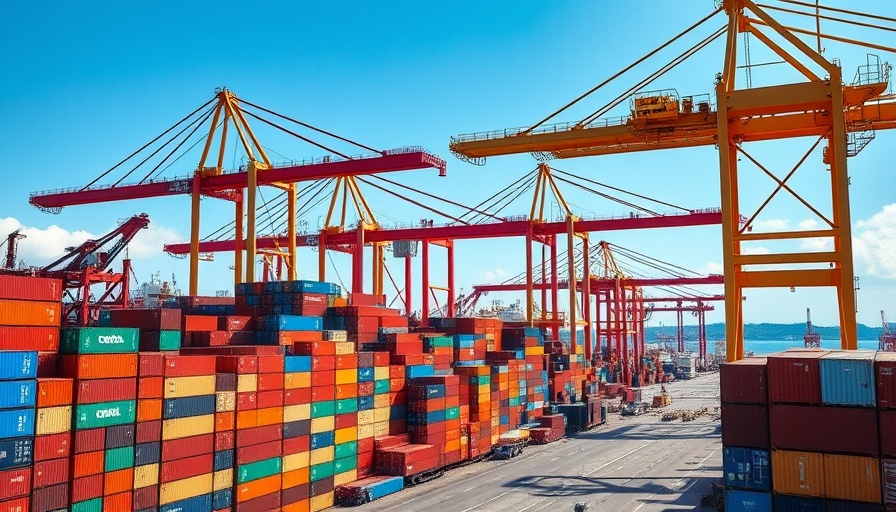
Market Reactions to Trump's Tariff Announcement
In a significant development that sent shockwaves through the financial market, U.S. markets saw red for a second consecutive day following President Trump's latest tariff announcement. These tariffs, aimed at certain imports, have raised concerns among investors and industry leaders about the potential impact on the economy. Stocks dropped sharply as market analysts scrambled to assess the broader implications of these measures.
Supreme Court Ruling on Education Grants
Meanwhile, the Supreme Court's interim decision to allow the Trump administration to withhold education grants has stirred a heated debate about federal funding. Advocates argue that this move could affect millions of students across the country, complicating access to vital resources at a time when educational inequities are already starkly highlighted by the pandemic.
The Public's Reaction: Anger and Concern
Public response has been fast and furious. Many citizens are expressing their discontent on social media, criticizing what they perceive as economic recklessness. With current economic indicators painting a mixed picture, the potential for increased tariffs and grant reductions raises fears of a downturn. Advocates for education funding argue passionately that equity in education should not be sacrificed for partisan strategies.
Parsing Complex National Issues
These events come as part of a larger narrative involving national policies and economic strategy under the Trump administration. It's essential to analyze how domestic and international policy decisions intersect and affect each other. From tariffs impacting trade relations to educational funding potentially affecting workforce development, these issues intertwine in ways that can either enhance or hinder the country's innovation potential.
The Ripple Effects on Everyday Americans
For many Americans, the direct implications of tariff-induced inflation could mean higher prices on imports, which affects everything from groceries to electronics. Alongside this, cuts in educational funding could diminish opportunities for future generations. This double-edged sword prompts urgent conversations in local communities and among national decision-makers regarding economic strategies and social support systems. Understanding the stakes is vital: for those navigating daily life amid economic shifts, the policies emanating from Washington are more than just headlines; they are life-altering decisions about resources and access.
Local Impact and Solutions Moving Forward
As the nation grapples with these decisions, local news anchors play a crucial role in informing the public about how these changes may affect their neighborhoods. Stories of families balancing budgets or educators working to secure resources speak volumes about everyday life in the face of federal policy shifts. There is hope among community leaders that open dialogue can lead to grassroots solutions that meet the needs of both students and the economy.
Understanding the Broader Context
This week’s events highlight the intricate tapestry of U.S. governance where economic and educational policies overlap. A healthy democracy thrives on discussions that explore different perspectives while seeking common ground. Understanding the nuances of these policies is essential for both citizens looking to engage in the public discourse and lawmakers striving to craft effective legislation.
In conclusion, staying informed about national news is crucial for anyone affected by these developments. With changes that could impact education, trade, and economic health, engaging with local and national news articles will equip citizens with the information they need to understand and navigate ongoing policy shifts.
 Add Element
Add Element  Add Row
Add Row 



 Add Row
Add Row  Add
Add 


Write A Comment